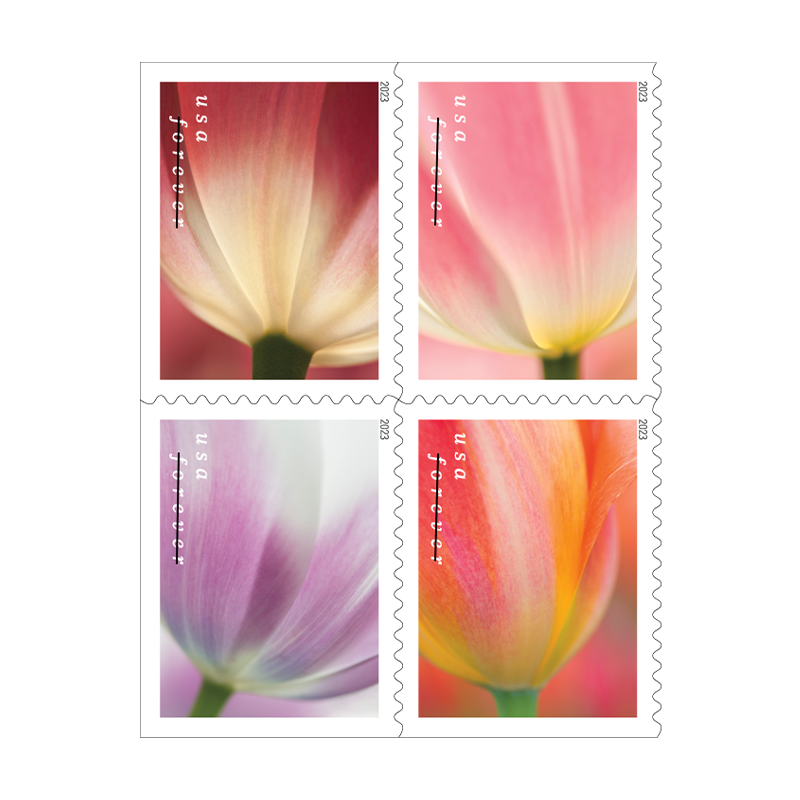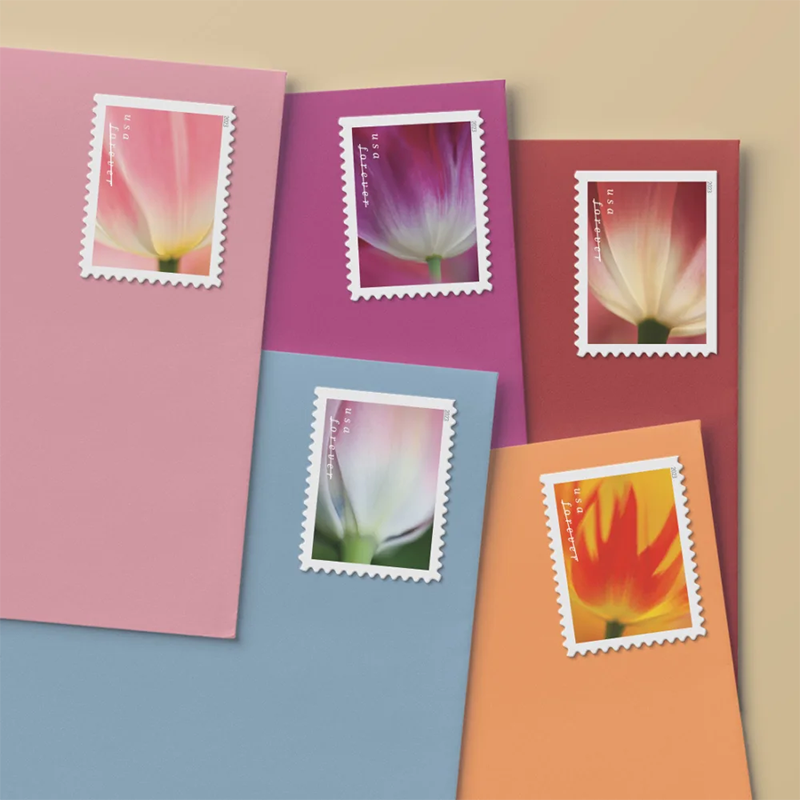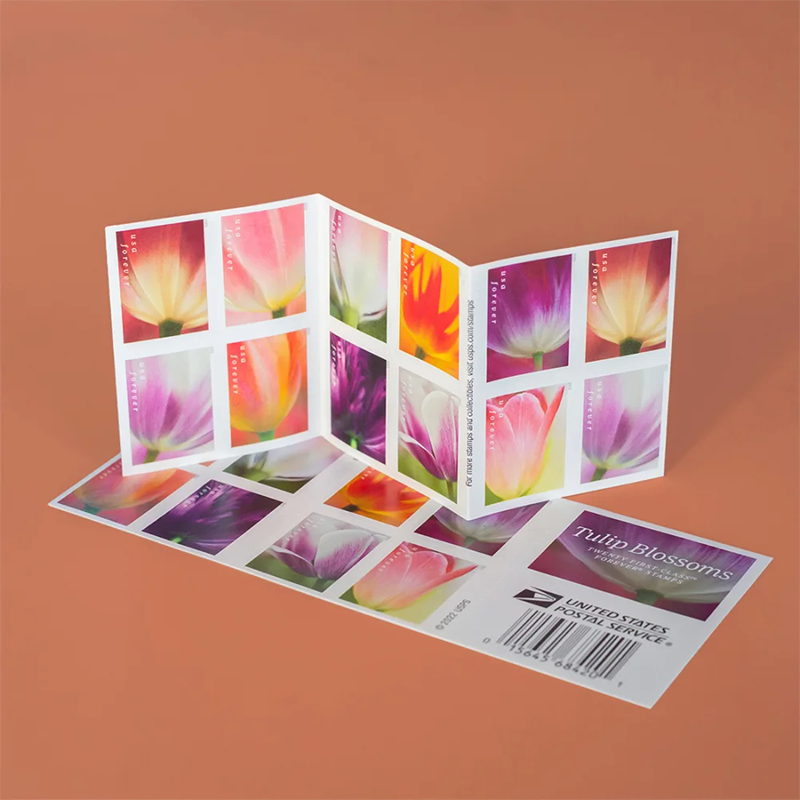What are you looking for?
Search
Each fall, millions of gardeners bury bulbs in the earth, eagerly anticipating the rewards that springtime will bring. Months later, thick green leaves poke through the soil, soon revealing their payload: tulip blossoms in spectacular variety from prim to ostentatious. These new stamps from the U.S. Postal Service feature closeup views of 10 different tulips in a rainbow of colors.
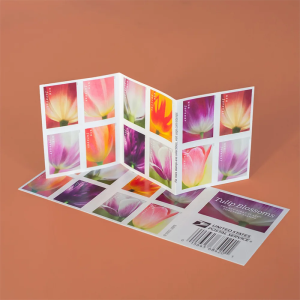
A member of the lily family (Lilliaceae), the tulip (genus Tulipa) originated as a wildflower in Central Asia. There, despite the dry, rocky environment, these tulip ancestors were able to survive because they could draw nourishment from the bulb. Over time, traders carried them west along the Silk Route to Persia, where cultivation of them is thought to have begun in the 10th century. By the 16th century, tulips were all the rage in Constantinople, the capital of the Ottoman Empire (now Istanbul, Turkey). The name tulip, in fact, derives from a Turkish version of the Persian word for turban, an allusion to the flower’s shape.
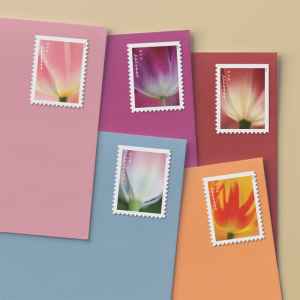
After diplomats in Constantinople shipped bulbs home to Western Europe, the Dutch developed effective ways to cultivate and market the flower. The tulip trade remains an important part of their nation’s economy 400 years later.
Dutch immigrants brought tulip bulbs to America, perhaps as early as the 1600s. The flower has become a dazzling part of the landscape here, and we now import more than one billion bulbs per year. Tulips can be grown in most of the country, outside of the Deep South, and gardeners can choose among almost endless varieties.
Art director Greg Breeding designed the stamps with existing photographs by Denise Ippolito.
Tulip Blossoms will be issued as Forever stamps in booklets of 20, as well as coils of 3,000 and 10,000. These Forever stamps will always be equal to the current First-Class Mail one-ounce price.
Made in the USA.

Real Postage Stamps: These are real postage stamps that can mail letters, envelopes, and others, They can cover the international rates the first time, USPS serves any country with a one-ounce letter. One stamp is one ounce.
Forever Stamps: These postage stamps are valid USPS forever postage stamps that can be used at any time, you can send mails no more than 1 ounce by USPS.
Saving Your Time and Money: No need to waste your time and money on the way to the post office for stamps! Our postage stamps are very convenient and also at a nice price!
Easy Use: With self-adhesive, convenient to use. Not only great for postcards, letters, mailing envelopes, or collecting but also suitable for collectibles, birthdays, weddings, parties, celebrations, and so on.

